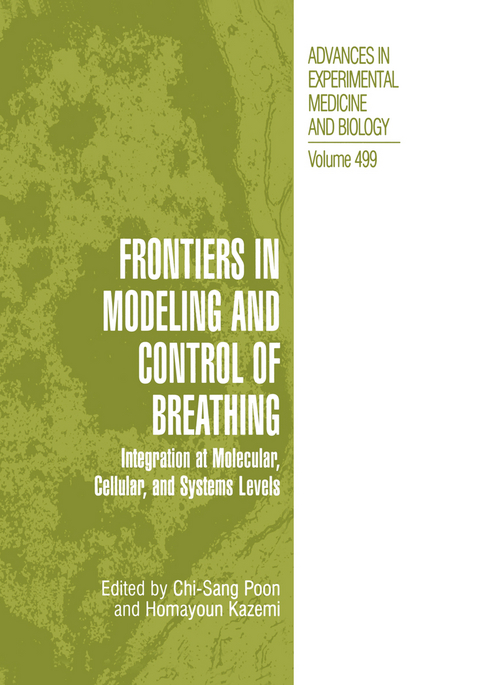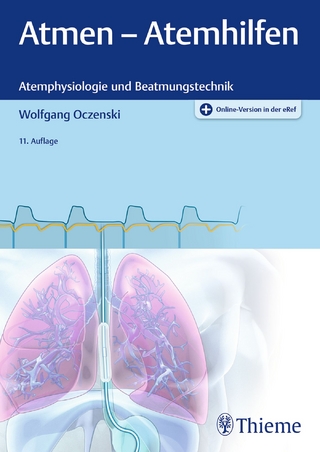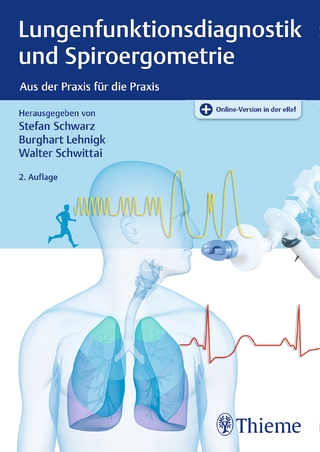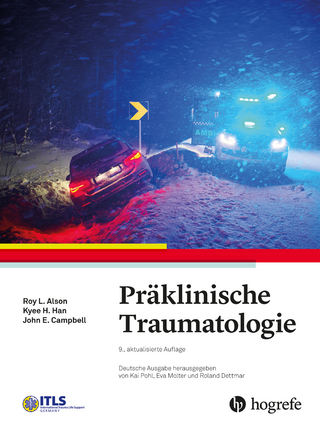
Frontiers in Modeling and Control of Breathing
Kluwer Academic/Plenum Publishers (Verlag)
978-0-306-46647-2 (ISBN)
Preface. Acknowledgements. Oxford Conference: The Past, Present and Future. 1. Remembrance of `Oxford' Conferences Past; B.J. Whipp. 2. Workshop on Modeling in the 21st Century. An Executive Summary; VIII Oxford Conference Panel on Biomedical Modeling. Central and Peripheral Chemoreceptors. 3. Central Respiratory Chemosensitivity: Cellular and Network Mechanisms; D. Ballantyne, P. Scheid. 4. Chemoreception and Tonic Drive in the Retrotrapezoid Nucleus (RTN) Region of the Awake Rat: Bicuculline and Muscimol Dialysis in the RTN; E.E. Nattie. 5. Chronic Intermittent Hypoxia Enhances Carotid Body Chemoreceptor Response to Low Oxygen; Y. Peng, et al. 6. Neurotransmitter Release from the Rabbit Carotid Body: Differential Effects of Hypoxia on Substance P and Acetylcholine Release; D.-K. Kim, et al. 7. Muscarinic Receptors Influence Catecholarnine Release from the Cat Carotid Body during Hypoxia; H.-Y.J. Wang, R.S. Fitzgerald. 8. Pharmacological and Immunochemical Evidence of the Dopamine D3 Receptor in the Goat Carotid Body; Z.-Y. Wang, et al. 9. The Excitatory Effect of Nitric Oxide on Carotid Body Chemoreception is Blocked by Oligomycin; R. Iturriaga, M. Mosqueira. 10. CO2/HCO3-Modulates K+ and Ca2+ Current in Glomus Cells of the Carotid Body; J.L. Overholt, et al. +2 additional chapters 13. Role of Brainstem Respiratory Neuron Types in Phase-Switching Produced by Afferent Vagal Stimulation; MI. Cohen, et al. 14. Modulation of the Central Respiratory Effects of 5-HT by Vagal Afferents in Newborn Rat; J.-Ch. Glérant, et al.15. Activation of Medullary Post-Inspiratory Related Neurons during Clonidine-Induced Central Apnea in Anesthetized Goats; K.D. O'Halloran, et al. 16. Respiratory Control of Hypoglossal Motoneurons; J.H. Peever, J. Duffin. 17. Projections from Brainstern GABAergic Neurons to the Phrenic Nucleus; G. Song, M. Aoki. 18. Optical Recording of the Neuronal Activity in the Brainstem-Spinal Cord. Application of a Voltage-Sensitive Dye; Y. Okada, et al. 19. Interfacing Computer Models with Real Neurons: Respiratory `Cyberneurons' Created with the Dynamic Clamp; Ch.G. Wilson, et al. Respiratory Rhythm and Pattern Generation. 20. Is the Vertebrate Respiratory Central Pattern Generator Conserved? Insights from In-Vitro and In-Vivo Amphibian Models; M.S. Hedrick, et al. 21. Unstable Breathing Rhythms and Quasiperiodicity in the Pre-Bötzinger Complex; Ch.A. Del Negro, et al. 22. Stationary Organotypic Culture of the Pre-Bötzinger Complex from the Newborn Rat; H. Rigatto, et al. 23. Respiratory Rhythm Generation: Pre-Bötzinger Neuron Discharge Patterns and Persistent Sodium Current; D.R. McCrimmon, et al. 24. Roles of the Bötzinger Complex in the Formation of Respiratory Rhythm; G. Song, et al. 25. Models of Neuronal Bursting Behavior: Implications for In-Vivo versus In-Vitro Respiratory Rhythmogenesis; I.A. Rybak, et al. 26. Neurogenesis of the Respiratory Pattern: Insights from Computational Modeling; I.A. Rybak, et al. 27. Reconfiguration of the Central Respiratory Network under Normoxic and Hypoxic Conditions; S.P. Lieske, et al. 28. How Is the R
| Erscheint lt. Verlag | 30.11.2001 |
|---|---|
| Reihe/Serie | Advances in Experimental Medicine and Biology ; 499 |
| Zusatzinfo | XIX, 508 p. |
| Verlagsort | New York |
| Sprache | englisch |
| Maße | 178 x 254 mm |
| Themenwelt | Medizinische Fachgebiete ► Innere Medizin ► Pneumologie |
| Studium ► 1. Studienabschnitt (Vorklinik) ► Physiologie | |
| ISBN-10 | 0-306-46647-3 / 0306466473 |
| ISBN-13 | 978-0-306-46647-2 / 9780306466472 |
| Zustand | Neuware |
| Haben Sie eine Frage zum Produkt? |
aus dem Bereich


